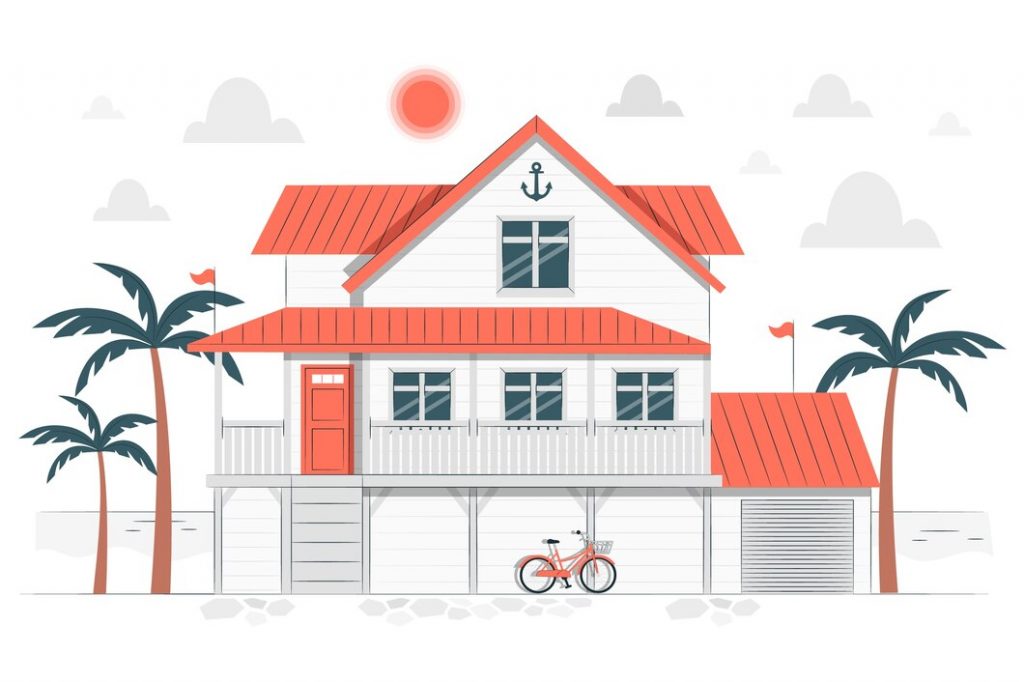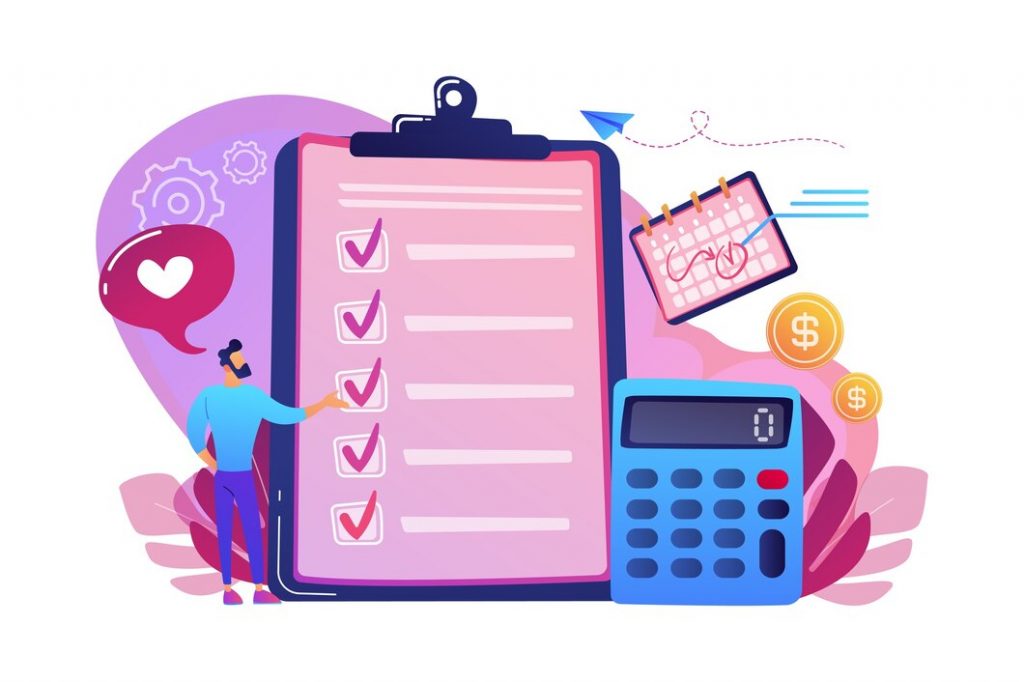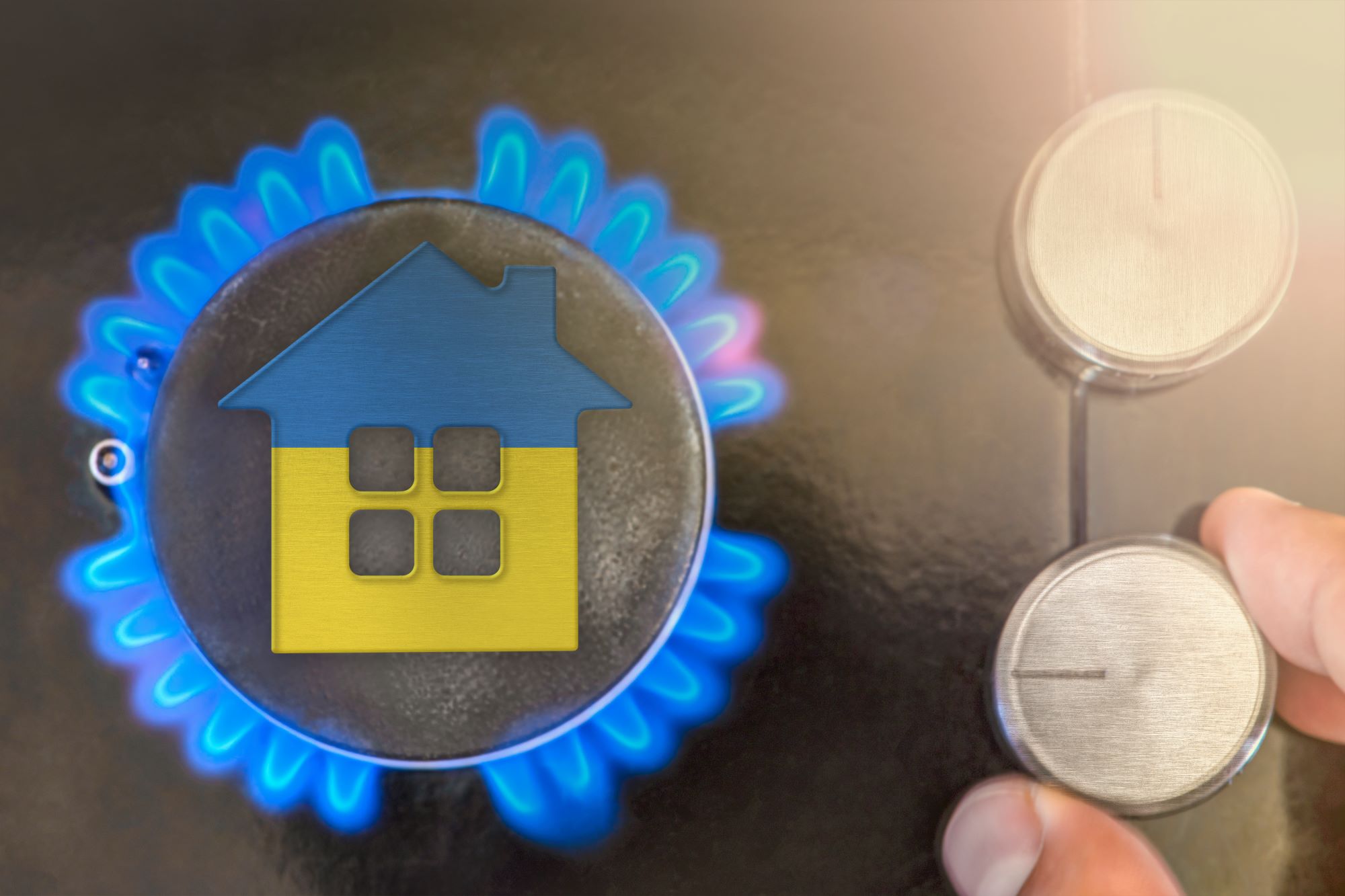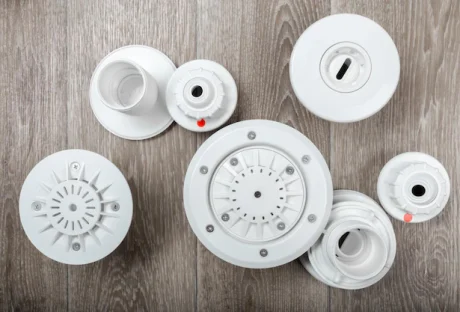When considering the safety of your home, radon testing is a crucial step.
Radon is an odorless, colorless, radioactive gas that can pose serious health risks if present at high levels. To determine if your home is at risk, professional radon testing is advised.
The cost for this service can vary based on several factors, including the size of your home and the complexity of the testing required.
The fee for a radon test typically ranges from $146 to $716 for a professional inspection. This range factors in the methods used for testing, the size of the area being tested, and whether additional diagnostic tools are required. Understanding these costs is essential, especially considering the potential health implications of radon exposure.
Keep in mind that while DIY test kits are a less expensive initial option, ranging from $10 to $50, they often include laboratory analysis fees.
However, it is recommended to use professional test services as they include requirements about the placement of tests, analysis, and recording and including proper test conditions for a final risk assessment
For those seeking the most accurate assessment of radon levels in their home, hiring a professional is generally the most reliable option.
Understanding Radon Testing

Radon testing plays a crucial role in maintaining a healthy indoor environment, as radon exposure is a known health risk. This section will detail the significance of radon testing and outline the typical process involved.
The Importance of Radon Testing
Testing for radon is essential because this odorless, colorless gas is the second leading cause of lung cancer after smoking. Radon naturally emanates from the decay of uranium in the soil, and without testing, there’s no other way to determine if your home’s levels are safe.
Regular radon testing ensures that any dangerous concentration is identified and mitigated promptly, protecting you and your family from the associated health hazards.
How Radon Testing Works
To conduct radon testing, various devices are available, ranging from passive kits to sophisticated radon monitoring solutions. Passive devices, like charcoal canisters, collect radon samples over a specific period. In contrast, active devices like the Model 1028 XP: Professional Continuous Radon Monitor continuously measure levels, providing more dynamic data.
These active monitors are preferred for their ability to deliver real-time measurements and create detailed reports, informing you about fluctuations in radon levels and allowing for a comprehensive understanding of your indoor air quality over an extended period.
Factors Influencing Radon Test Fees
When you’re looking to test your home for radon, various factors will determine the cost. Understanding these can help you budget more effectively for a radon test.
Test Duration
The length of time a radon test takes can affect the price. Short-term tests may last from 2 to 90 days, while long-term tests exceed 90 days; the latter typically being more expensive due to the comprehensive data they provide.
Type of Test
You have options between DIY radon testing kits and professional radon testing services. While an at-home kit can cost between $10 and $75, professional service includes the necessary expertise and equipment, incurring higher fees.
Test Location
The price of a radon test can vary depending on your geographic location. For instance, tests conducted in regions with known radon prevalence may involve additional precautionary steps, potentially increasing the cost.
Professional Expertise
Opting for a certified radon inspector adds value as they bring specialized knowledge and accuracy. The complexity of your home’s structure can also necessitate more time-consuming and thus, costlier, inspection methods.
Average Cost of Radon Testing
When exploring radon testing for your home, you’ll find that prices can vary widely based on location and the type of test you select. Understanding these costs is essential for planning your budget effectively.
By Region
The cost of radon testing can differ depending on the region due to factors like demand, the prevalence of radon, and labor costs. In some areas, testing can be as affordable as $100, while in others it might reach up to $1,200. For example, homeowners can expect to pay an average of $420 for a radon inspection.
By Test Type
Radon testing varies not only by price but also by the methodology and duration of the test. Short-term tests may range from $10 to $30 for home test kits, whereas professional long-term testing or the use of a continuous radon monitor could cost significantly more. Tools like a continuous radon monitor might incur higher upfront costs but provide more detailed information over time.
Additional Costs and Considerations

When budgeting for radon testing, it’s important to factor in not just the base cost but also potential additional expenses. These can vary depending on several factors, including whether you require a more thorough inspection or if follow-up testing is necessary.
Mitigation System Inspection
If your property already has a radon mitigation system in place, you’ll need to include the cost of an inspection to ensure it’s functioning correctly. This typically involves checking the system’s components like the fan and the vent and can add to your overall expenses.
Follow-Up Testing
After the initial radon test, follow-up testing may be recommended, especially if levels are close to or above the EPA’s action limit. You may need short-term follow-up tests for a quick verification, or long-term tests for a more accurate assessment, impacting your total testing costs.
Home Size and Test Complexity
The size of your home and the complexity of the test required can also affect the cost. Larger homes or those with multiple foundations may need several test kits or longer testing periods, potentially increasing expenses.
Remember, these costs are on top of the typical radon inspection fee which can range from $146 to $716, with an average of around $420. Your specific costs will vary based on these additional factors and the options you choose.
Choosing a Radon Testing Provider
When faced with the task of selecting a professional to conduct your radon test, focusing on their expertise and the variety of services offered will ensure you receive a reliable and thorough assessment of radon levels in your home.
Certifications and Qualifications
Certifications: Make sure the provider you choose is certified to perform radon testing in your state. The National Radon Proficiency Program (NRPP) and the National Radon Safety Board (NRSB) are two leading certification bodies. A certified tester will have a sound understanding of radon testing protocols and state-specific requirements.
Qualifications: Beyond certifications, assess the provider’s experience and training. Years in the field and specialized knowledge can greatly influence the accuracy of your radon test results. Experienced professionals will also be adept at using the most current and effective testing methodologies.
Service Comparisons
Range of Services: Compare different providers based on the scope of services they offer. Some may only conduct tests, while others provide comprehensive services including radon mitigation.
It’s crucial to understand whether follow-up services are available, should your test results show high radon levels.
- Test Types: Ensure they offer both short-term and long-term testing options to suit your specific needs.
- Equipment Used: High-quality, calibrated equipment yields more accurate results. Verify the type of devices used in testing.
Pricing: Prices can vary, with professional radon inspection costs ranging between $146 to $716, with a common average being around $420. While cost is a factor, it shouldn’t be the sole criterion. Lower prices may not always guarantee the same level of service as providers charging industry-standard fees.
Interpreting Test Results

Before you proceed with any steps following a radon test, it’s crucial to accurately interpret the results. The test reveals the radon concentration levels in your home, allowing you to make informed decisions on necessary measures.
Understanding Safe Levels
Radon levels are commonly measured in picocuries per liter (pCi/L) in the United States. The Environmental Protection Agency (EPA) states that there is no completely safe level of radon exposure.
However, levels less than 2 pCi/L are considered acceptable, while readings between 2 and 4 pCi/L suggest a moderate risk that warrants your attention. It’s important to know that some organizations, like the World Health Organization (WHO), suggest more stringent action if levels surpass 2.7 pCi/L.
- Low radon levels: (<2 pCi/L)
- Moderate radon levels: (2-4 pCi/L)
- High radon levels: (>4 pCi/L)
Conclusion
Professional radon testing can vary in cost, generally ranging from $146 to $716 with a national average of around $420. Factors that can influence your radon inspection fee include the size of your home and the type of test conducted.
For those preferring a more economical approach, DIY radon test kits are priced between $10 and $50 and include lab analysis. It’s important to ensure accurate results, which might lead you to opt for a professional inspection over a DIY approach.
Read Also:























